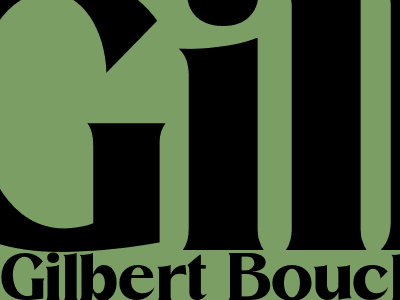SEO for Your Blog: The Ultimate Guide
Introduction
In today's digital world, having a blog is essential for businesses and individuals alike. But simply creating a blog is not enough. To attract an audience and achieve your goals, you need to optimize your blog for search engines (SEO). This guide will provide you with everything you need to know about SEO for your blog, from the basics to advanced techniques.
What is SEO?
SEO stands for search engine optimization. It is the process of improving the visibility and ranking of your blog in search engine results pages (SERPs). When people search for keywords related to your blog's content, you want your blog to appear as high as possible in the results. SEO helps you achieve this by making your blog more relevant and authoritative to search engines.
Why is SEO Important for Blogs?
There are many reasons why SEO is important for blogs. First, it helps you attract more traffic to your blog. When your blog ranks higher in SERPs, more people will see it and click through to your site. This can lead to increased brand awareness, lead generation, and sales.
Second, SEO helps you build trust and credibility with your audience. When people see your blog ranking highly for relevant keywords, they will perceive your blog as being an authority on the topic. This can lead to increased engagement, loyalty, and conversions.
How to Optimize Your Blog for SEO
There are many different factors that affect your blog's SEO ranking. Some of the most important factors include:
- Keyword research: Identifying the keywords that your target audience is searching for is essential for SEO. Once you know what keywords to target, you can incorporate them into your blog's content, title, and meta tags.
- Content quality: The quality of your blog's content is one of the most important factors that search engines consider when ranking your blog. Make sure your content is well-written, informative, and engaging. Avoid keyword stuffing and other black hat SEO techniques.
- Backlinks: Backlinks are links from other websites to your blog. Backlinks are a sign to search engines that your blog is authoritative and trustworthy. The more high-quality backlinks you have, the higher your blog will rank in SERPs.
- Technical SEO: Technical SEO refers to the technical aspects of your blog that can affect your SEO ranking. This includes factors such as your blog's speed, mobile-friendliness, and XML sitemap.
Tips for Optimizing Your Blog Content
Here are some tips for optimizing your blog content for SEO:
- Use keywords in your title and meta tags: Your title and meta tags are two of the most important factors that search engines consider when ranking your blog. Make sure to include your target keywords in your title and meta tags.
- Write high-quality content: The quality of your blog's content is one of the most important factors that search engines consider when ranking your blog. Make sure your content is well-written, informative, and engaging. Avoid keyword stuffing and other black hat SEO techniques.
- Use images and videos: Images and videos can help to break up your text and make your blog more visually appealing. They can also help to improve your SEO ranking. Make sure to use relevant keywords in your image and video file names and descriptions.
- Promote your blog on social media: Social media is a great way to promote your blog and attract new readers. When you share your blog posts on social media, make sure to use relevant keywords. You can also use social media to build relationships with other bloggers and influencers in your niche.

Comments